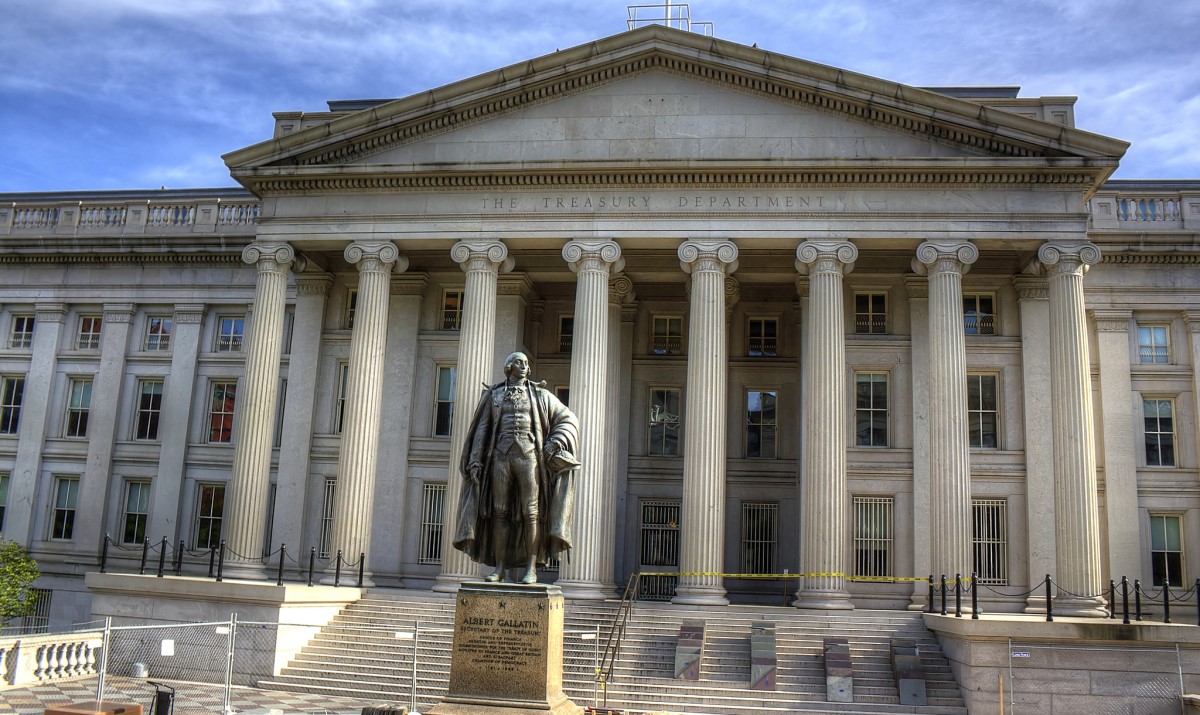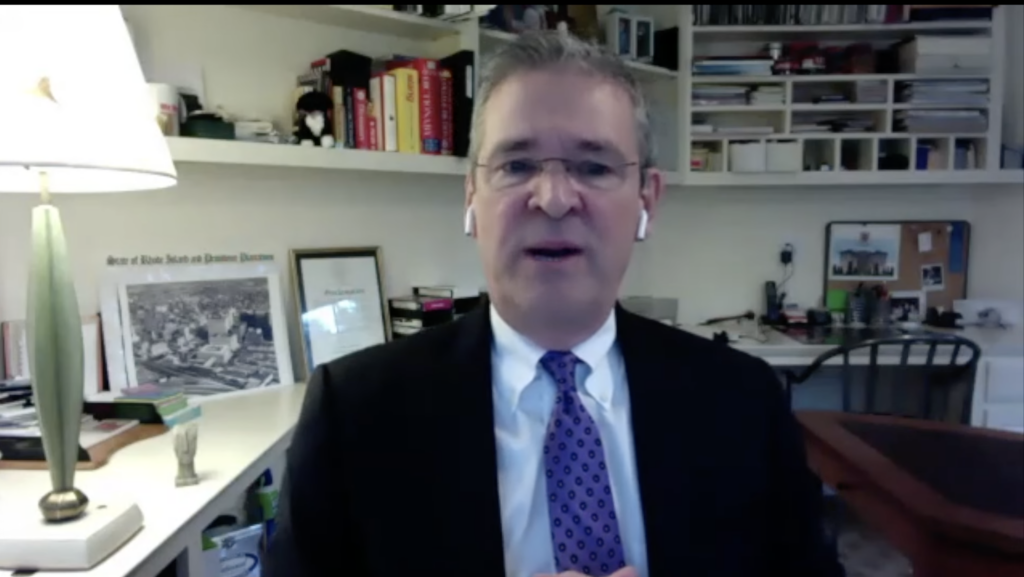Judge Andrew P. Napolitano: How Local Cops Get Your Bank Records
This column recently highlighted the absurd arguments made by the feds after they were caught spying on ordinary Americans. They argue that the Fourth Amendment to the Constitution — which requires a search warrant prior to spying — only applies to law enforcement and not to domestic surveillance. This argument goes against the intent of the amendment and defies history.
The amendment’s language protects all privacy rights “people” By affirmatively declaring that privacy is a right “persons, houses, papers, and effects” Only a search warrant, signed and signed by a judge on the basis of probable cause of crime, may be used by the government to violate the law. It identifies the area to be searched as well as the person or object to be seized.
The language of the amendment, and the language of statutes and court rules written at the state and federal levels to implement the procedures for seeking search warrants, makes no distinction on the nature of what the government seeks — evidence of crime or evidence of foreign interests.
A fair and neutral reading makes it clear that the probable causes and specificity requirements were not intended to protect Big Brother’s privacy but also to force the government to concentrate on crimes after they happen and not on predicating them.
The same two requirements — probable cause of crime and specifically stating what or whom is to be seized — also preclude the hated British practice of using general warrants. General warrants were not required to show probable cause of a crime. Only governmental necessity was required. They did not specify the place or person to be searched.
On the contrary, general warrants — they were called Writs of Assistance — were issued so as to assist British agents, both law enforcement looking for tax evaders and intelligence agents looking for revolutionaries, by authorizing them to search wherever they pleased and seize whatever they found.
The Stamp Act, which was enacted in 1765 by Parliament, is a good example of this. All colonists were required to buy stamps. These stamps were inked images of royal designs that were transferred to a document to pay a fee. The stamps were required to be on all documents, papers, letters, books, pamphlets and posters — anything containing the written or printed word. How was the British government able to determine whether colonists had followed the Stamp Act? Answer: Writs for Assistance.
British agents entered colonies to search for stamps and revolutionary materials. They were issued a general warrant by a London secret tribunal, allowing them to search any place they wanted.
The Fourth Amendment was ratified against this background. Any claim that the amendment doesn’t protect people from all government but just law enforcement is historical disingenuous. When the Supreme Court reviewed all this in 2018, it ruled that search warrants are required by the feds for downloading or tracking mobile devices. This made no distinction between cops acting as cops and spies.
Despite all of this, the feds still spy without warrants.
This column was published last week and revealed that the FBI had admitted to using the NSA as well as the CIA for spying on Americans. Why spy? It is cheaper and easier than developing probable causes of crime and presenting evidence to a judge. The second is that the federal surveillance appetite is so overwhelming that it extends beyond ordinary Americans to those for whom there is simply no probable cause of crime.
And the Feds would rather make holes in the Constitution than have to comply with it.
All this has now reached a new, more dangerous level. The Wall Street Journal reported last week that both the federal government and the state and local law enforcement used a bank clearinghouse to spy on international fund transfer recipients and wire transfers.
TRAC stands for Transaction Record Analysis Center. TRAC clears wires that are used to send money from another source than a bank account. TRAC, which is a private entity is not bound by the Fourth Amendment.
TRAC still makes its records readily available to the public, not just to the feds, but to more than 600 police departments in each state.
TRAC is able to access all information in a bank account that has a TRAC-compatible wire service, such as Western Union MoneyGram or Euronet. This includes checks paid and deposits. Governments can access TRAC data without the need for a search warrant or subpoena from the judge. This is a violation of the Fourth Amendment that all employees have sworn up to.
What are we doing here?
We have yet again — after the FBI using Twitter and DHS using Facebook — the government doing indirectly through a private entity what the Constitution expressly prohibits it from doing directly. TRAC has become an arm government at all levels through its symbiotic relationship to 600 governments. Thus, a court can and should apply the Fourth Amendment’s restraints to this creepy clearinghouse.
What is the status of personal freedom in a once free society? The government is already in possession of our property which it steals under the pretext of taxation. This makes it impossible to trust with our liberty, which is being crushed behind our backs. Why are we putting the Constitution in the safekeeping of those who will destroy it?
Photo credit: TBIT Pixabay
" Conservative News Daily does not always share or support the views and opinions expressed here; they are just those of the writer."






Now loading...